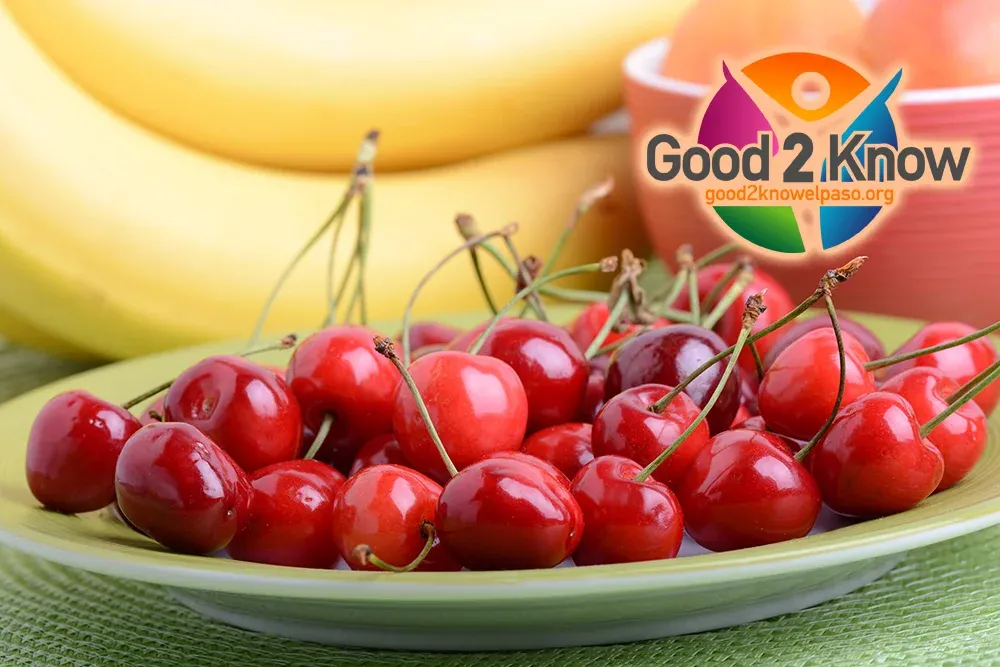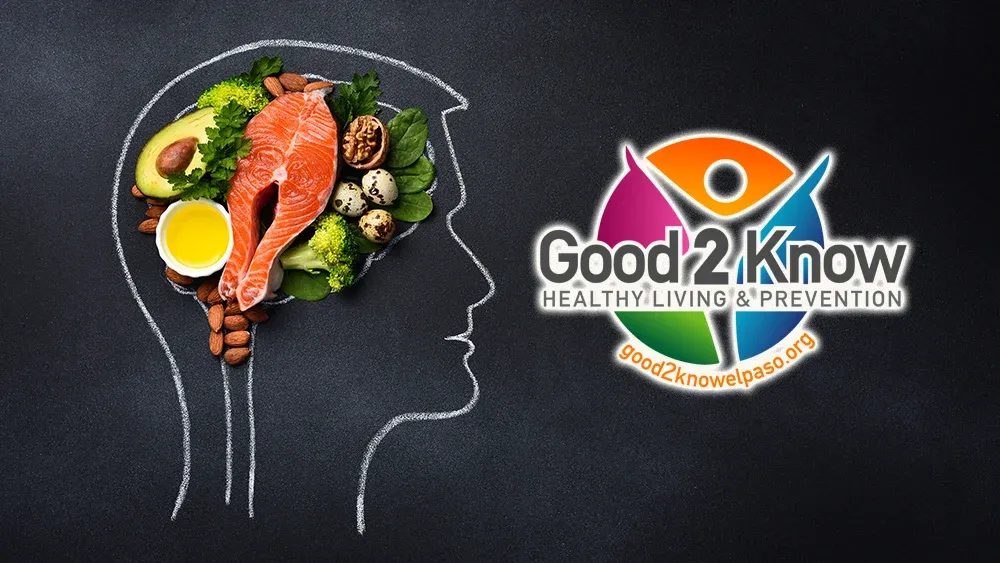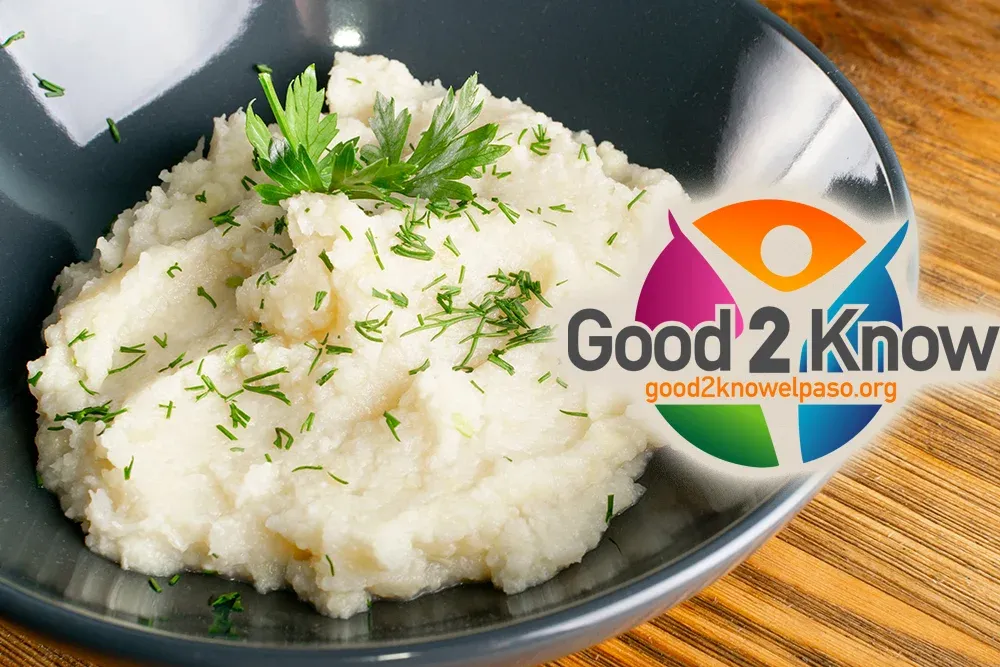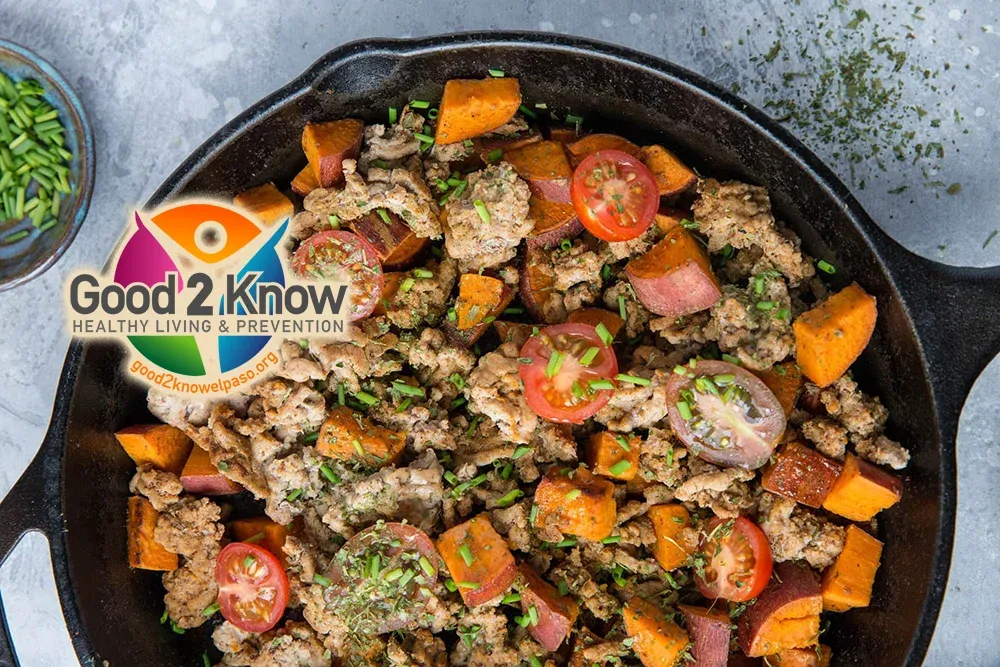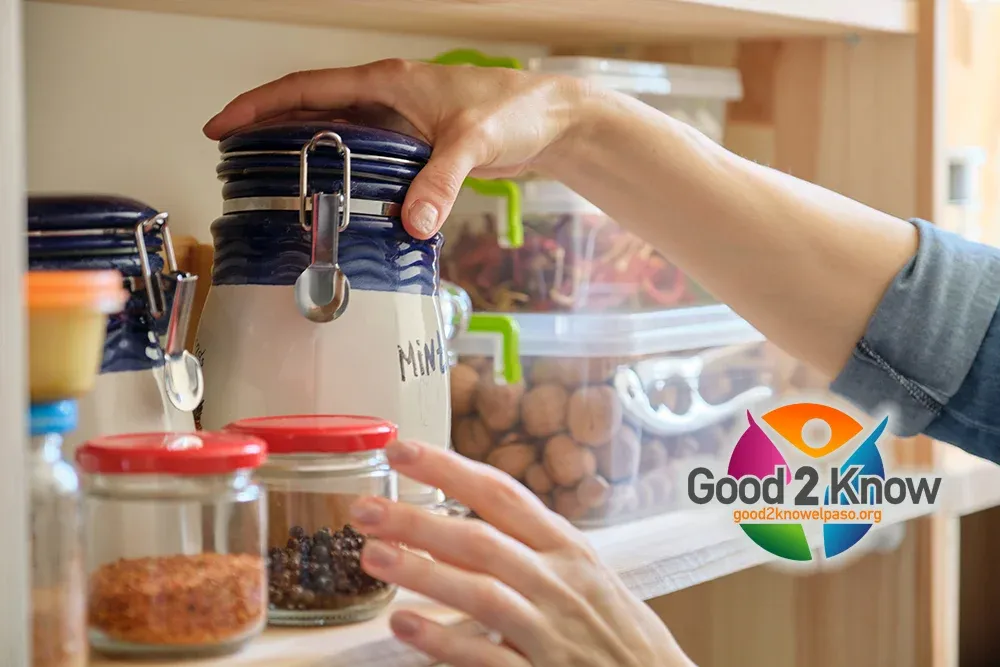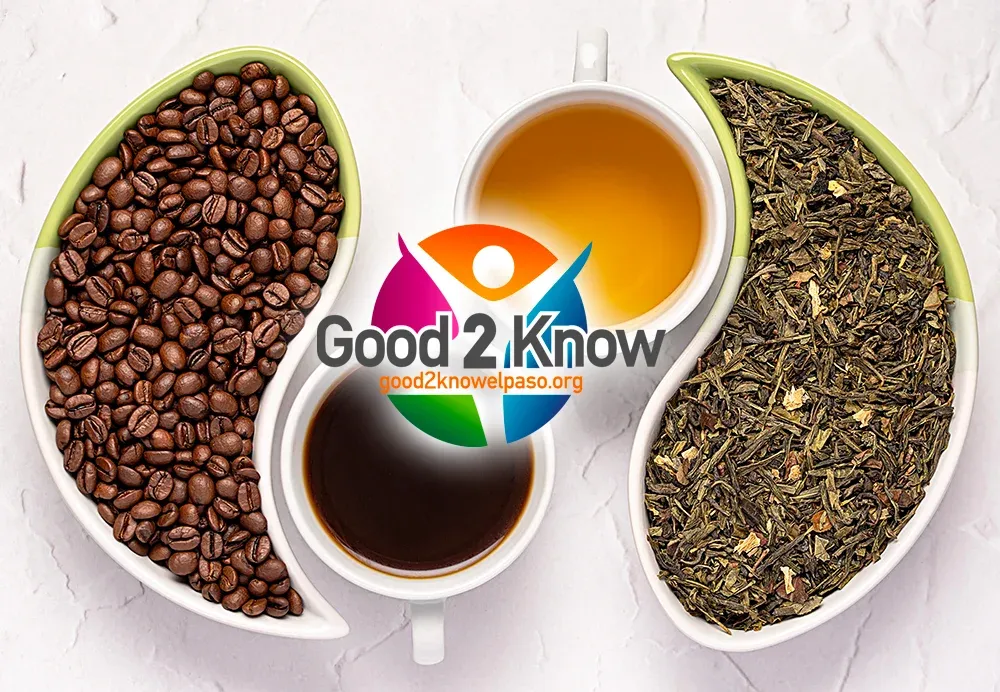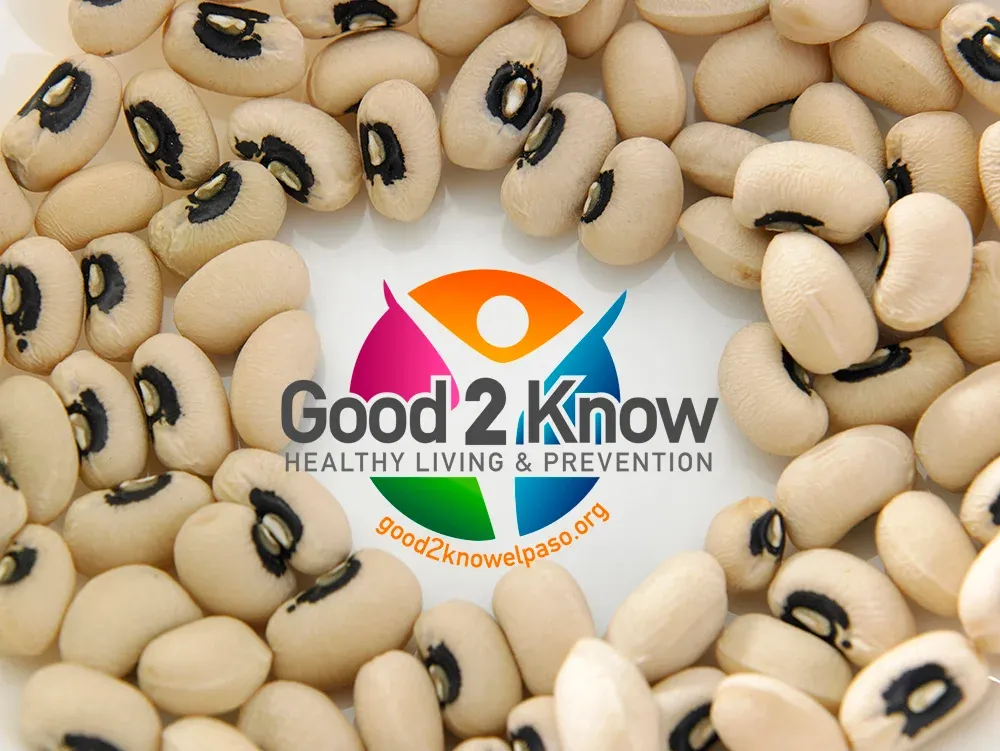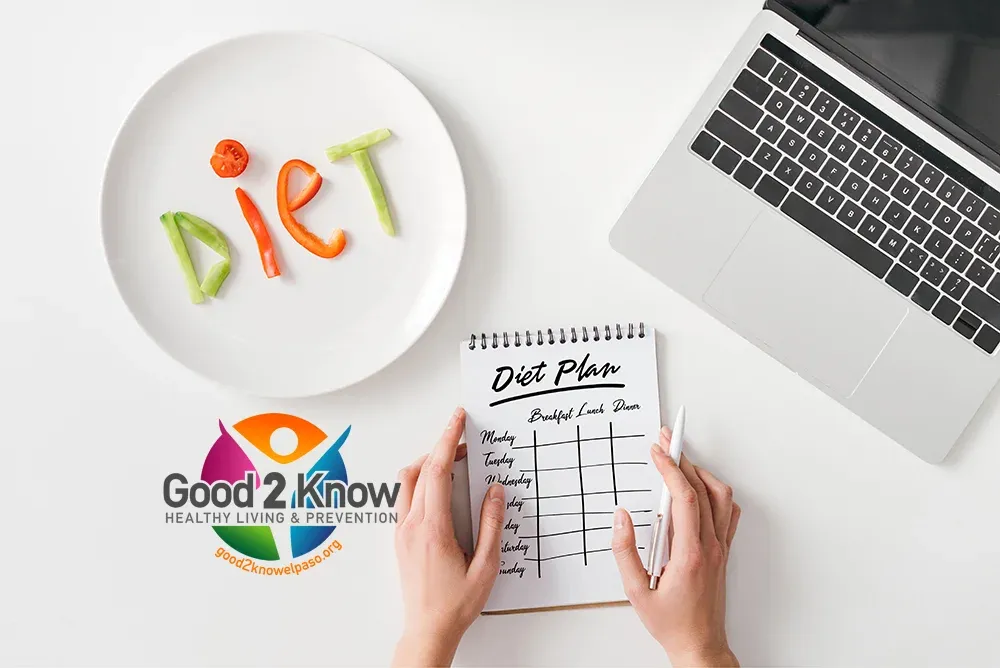Many of us grew up with the myth that eating before swimming will cause cramps. Today, we know that is not necessarily true. The important thing to remember is what kinds of food to eat before swimming.
Eat this BEFORE swimming:
• Foods that are rich in complex carbohydrates, such as whole wheat pasta, sweet potatoes and brown rice, are a great source of energy for swimmers. A diet that contains these slow-release carbs will keep you energized and help you swim (and splash around) longer.
• If you need an energy boost just before a swim, go for a mix of lean protein and carbs – smoothies are a great way to nourish your body with all the nutrients you need, without putting pressure on your digestive system. Just ensure you leave plenty of time (up to an hour, ideally) before you jump in the pool to avoid feeling bloated. And if you’re swimming to lose weight, choosing a low-fat, lower-calorie pre-swim snack, or a smaller portion instead could help you ditch the pounds quicker.
Eat this AFTER swimming:
• Eating after exercise is important for recovery, even if you’re aiming to lose weight. Aim to refuel your body within 20-30 minutes of swimming with a mixture of muscle-repairing protein and glycogen-restoring carbohydrates. For a light meal, try almond butter on oat cakes, or nut butter, banana, honey and chia seeds on toast (see below for the recipe). A good post-swim main meal might be a baked sweet potato with some lean protein like chicken, or fish.
Healthy snacks for swimmers
• Dates are a great energy boosting, pre-workout snack because they’re high in natural sugars. They are also easy to digest, so shouldn’t feel heavy in your stomach before a swim. After a swim session, protein bars, fruit and yogurt are all good options. Swimming in the morning stokes your metabolism for the rest of the day, so keep a selection of healthy snacks with you to avoid energy lows.
What foods to avoid if going swimming
Avoid fatty foods before you dive in – they are harder for your stomach to digest and can lead to indigestion, discomfort and bloating during your swim.


